
Don’t Forget About the NYC DEP Community Right-to-Know Filing
Business owners have a lot on their minds this time of year. We want to make sure you don’t forget about the New York City Department of Environmental Protection’s Community Right-to-Know Filing. Every year, the DEP mandates businesses that use or store potentially...

Long Island’s Big Push Towards Nitrogen Removing Septic Tanks
Suffolk County Septic Systems As stated in our recent blog “Suffolk County Commercial Cesspools Will No Longer Be Grandfathered-in During Redevelopment”, commercial and industrial facilities will now have to comply with new septic tank regulations. If there are any...

Suffolk County Commercial Cesspools Will No Longer Be Grandfathered-in During Redevelopment
Commercial property owners undergoing renovations or expansions, take note of recent changes to the Suffolk County Sanitary Code. New Septic System Legislation The Suffolk County Legislature recently passed a bill to amend the portion of the Suffolk County Sanitary...
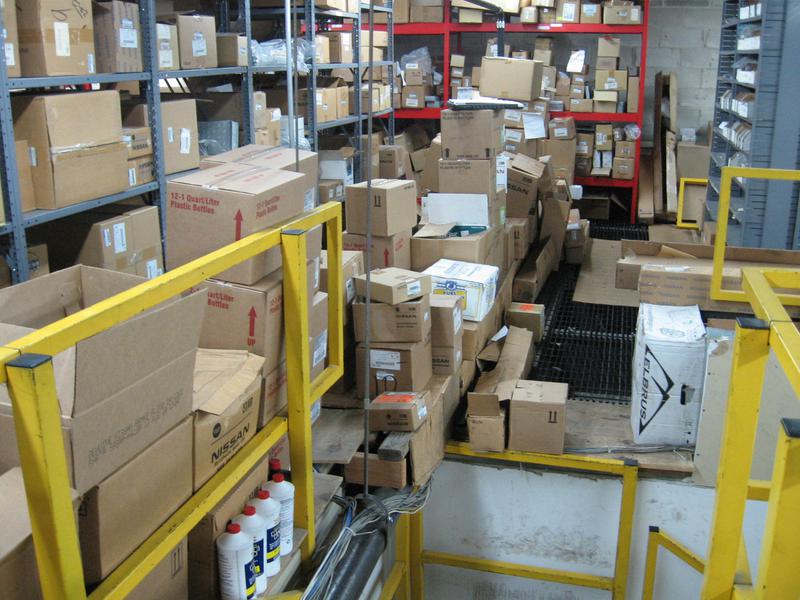
Save Money on Your NYC DEP Right to Know Filing – Dispose of Unnecessary Chemicals
Business Owners in New York City: Have You Heard of the DEP Right to Know Reporting? Under the Community Right-to-Know Program, the New York City Department of Environmental Protection (NYC DEP) requires businesses to report the amount of chemicals used or stored at...
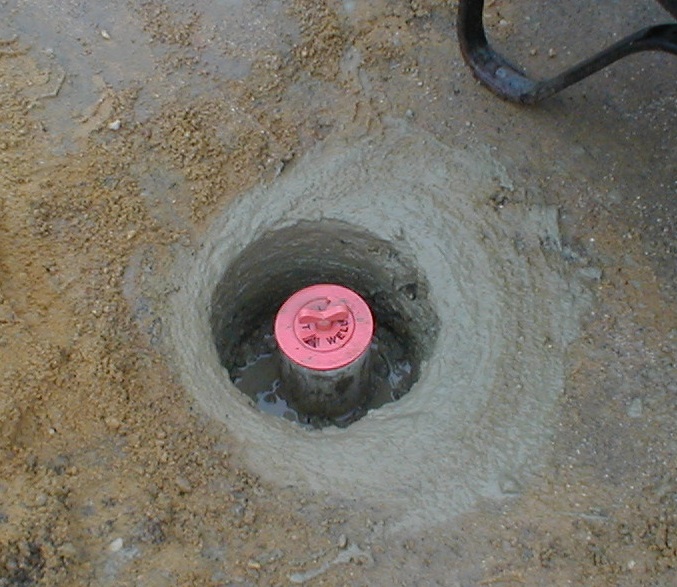
Groundwater 101: Monitoring Well Installation
Groundwater Monitoring Well Installation Basics Groundwater monitoring wells are commonly installed at sites that are known to be or suspected to be contaminated by a variety of substances such as petroleum compounds or chlorinated solvents. Groundwater Quality...
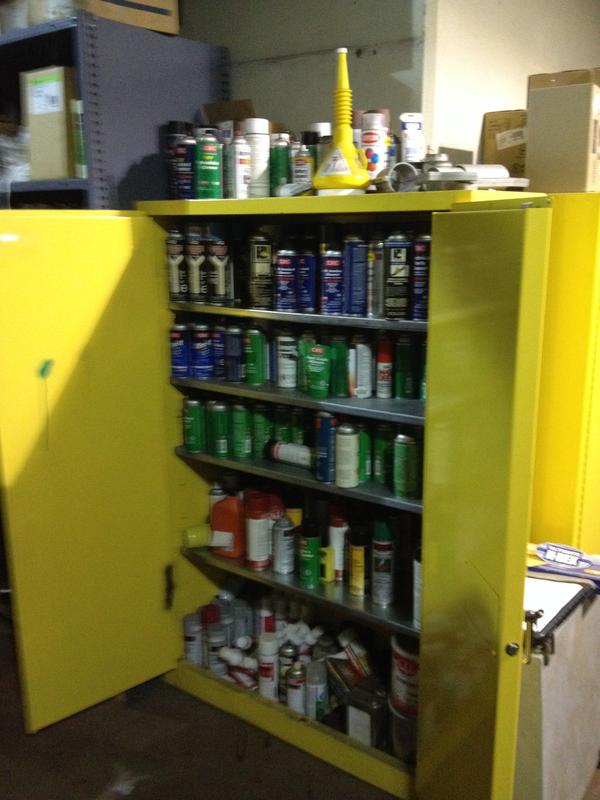
Reminder: NYC DEP Community Right to Know Filing
It’s approaching the time of year again to prepare for the New York City Department of Environmental Protection (NYC DEP) Community Right To Know (RTK) filing. The NYC RTK Program requires businesses that handle, store, or use substances that could impact public...
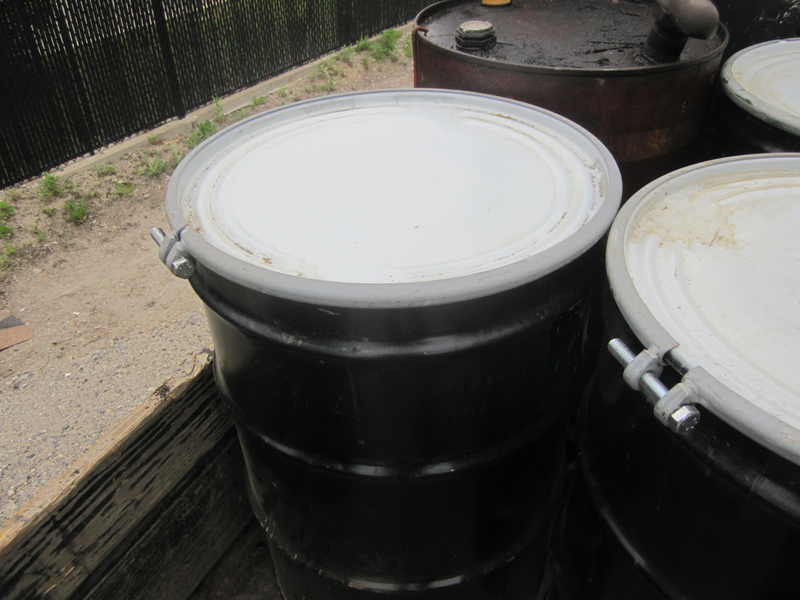
Case Study: Waste Drum Disposal
A Common Situation Walden Environmental Engineering (Walden) is regularly retained by clients to consult on chemical storage drum removal. Often the targeted drums store unknown contents or hazardous materials. Improperly labeled drums are difficult to dispose of...
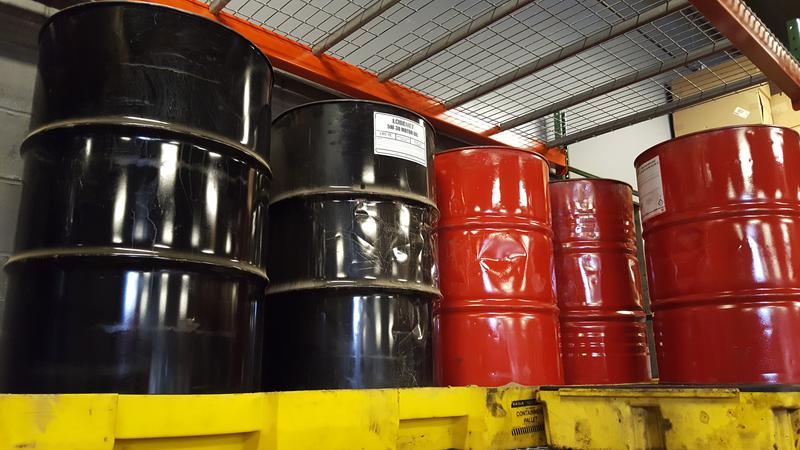
Have You Received a Community Right to Know Violation?
The Community Right to Know program requires all businesses in New York City storing hazardous chemicals to report information on these potentially dangerous substances in order to better protect first responders and the community in the event of an emergency....
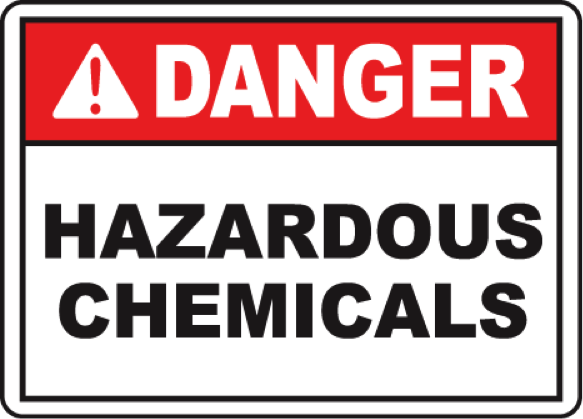
What to do when your Right-to-Know Filing is Late
The New York City Department of Environmental Protection requires all businesses to report hazardous substances stored, processed, handled or used on-site on a yearly basis. Did you miss the March 1st filing deadline for your business’s 2016 Community Right-to-Know?...
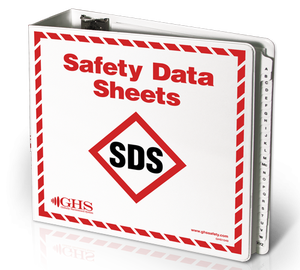
Reminder: Make Sure Your Community Right To Know Filing is On Time
The Community Right-To-Know (RTK) Program requires businesses in New York City to document and report their quantities of potentially hazardous materials to the New York City Department of Environmental Protection (DEP). Every year, owners or operators from any...
